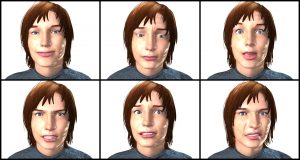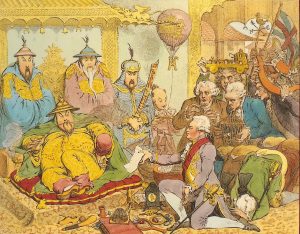 Comics have long been one of Scotland’s most important cultural and artistic exports, with Dundee at the centre of that success. The comics produced by DC Thomson, notably The Dandy and The Beano, have commanded worldwide audiences for decades, and characters such as Dennis the Menace and Desperate Dan are known and loved by millions.
Comics have long been one of Scotland’s most important cultural and artistic exports, with Dundee at the centre of that success. The comics produced by DC Thomson, notably The Dandy and The Beano, have commanded worldwide audiences for decades, and characters such as Dennis the Menace and Desperate Dan are known and loved by millions.
Join us in The McManus Café on Tuesday 7th December at 6pm for this talk by Chris Murray from the University of Dundee as he looks at the origins and significance of some of DC Thomson’s best-loved comic titles, as well as some of the characters who didn’t last the course, such as DC Thomson’s ill-fated early superheroes, Captain Q, The Amazing Mr X, and some missed opportunities (such as Superman and V for Vendatta).
The talk will also examine the influence of DCT’s comics, and will ask some questions about their future in a rapidly changing publishing environment. At a time when comics publishing is under threat from numerous quarters it is important to recognise and protect the legacy of DC Thomson’s comics, and to plan for the preservation of this aspect of Dundee’s cultural heritage.
Doors open at 5.30pm and beers, wine and food are all served in The McManus Cafe, see here for a full menu. This is a FREE event, but there is limited seating available for 60 people so please do arrive early to avoid disappointment.





